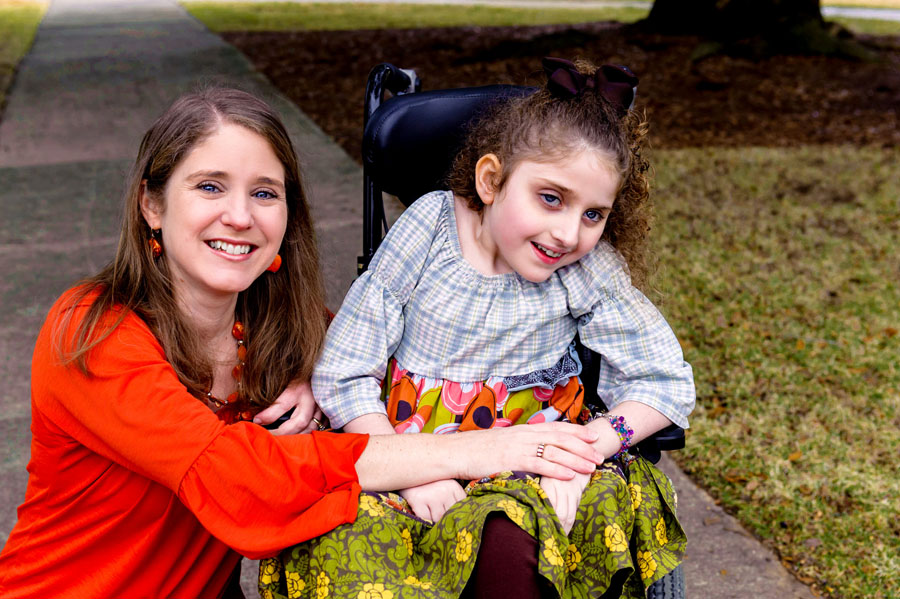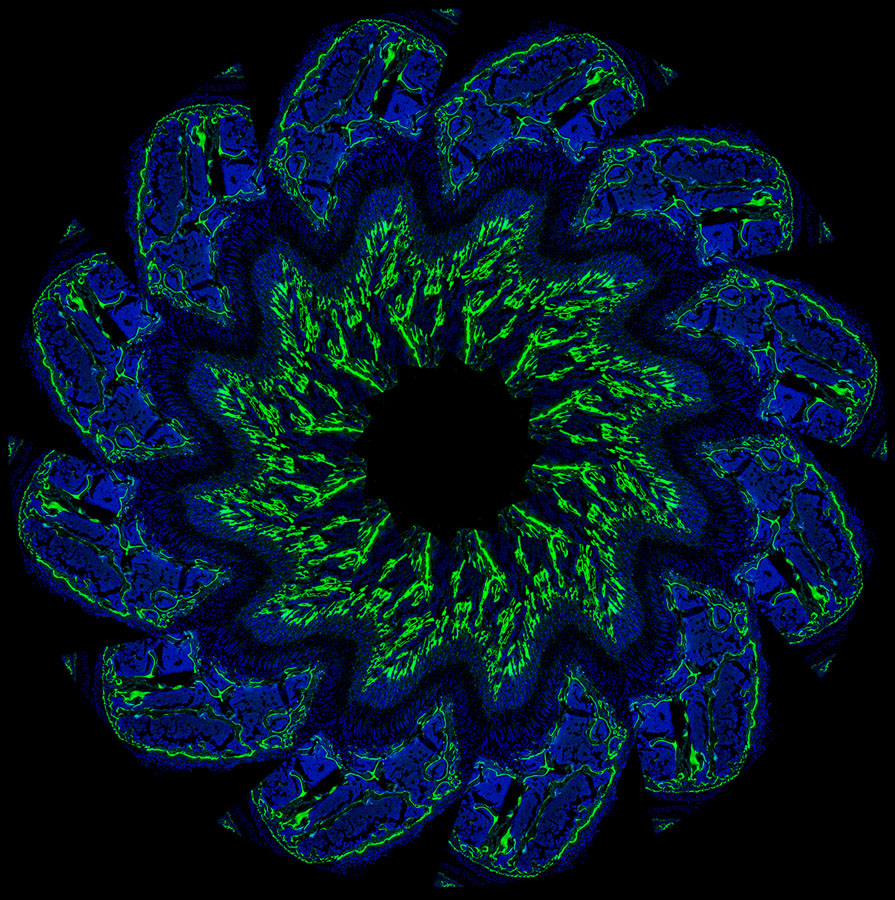

The Eunice Kennedy Shriver National Institute of Child Health and Human Development (NICHD) is a unique biomedical and behavioral research enterprise that focuses on understanding human development throughout the entire life process, improving the health of women and children, and optimizing the health and function of people with disabilities. The institute was founded in 1962 and is one of the 27 institutes and centers within the National Institutes of Health (NIH).
NICHD’s organization includes the Office of the Director, the Division of Extramural Research, the Division of Intramural Research, and the Division of Intramural Population Health Research. The institute also is home to the National Center for Medical Rehabilitation Research, which coordinates research efforts across NIH and the federal government to enhance the health and quality of life of people with physical disabilities.


NICHD recognizes the need to identify priorities that advance its public health mission and ensure proper stewardship of the nation’s investment in its research. Since the publication of its last strategic plan, emerging public health challenges, coupled with important advances in NICHD-supported research areas, have changed the scientific landscape and spurred the need for a new path forward. This strategic plan was developed to guide the institute’s activities over the next five years. It proposes key scientific and public health priorities to advance research, methods to enhance scientific stewardship, and goals to support innovation in management practices and accountability.

 This plan establishes ambitious goals to fulfill NICHD’s scientific mandate. Given the institute’s critical mission and the ongoing advances in science and technology, effective teamwork will be vital to success. Collaborations within NICHD, with NIH colleagues, with federal partners, and with public and private entities will be essential to achieving these goals.
This plan establishes ambitious goals to fulfill NICHD’s scientific mandate. Given the institute’s critical mission and the ongoing advances in science and technology, effective teamwork will be vital to success. Collaborations within NICHD, with NIH colleagues, with federal partners, and with public and private entities will be essential to achieving these goals.
 BACK TO TOP
BACK TO TOP